Media
Home » Media
30 years of brand history
100+ agents worldwide
German process equipment
Ten series of one-stop procurement
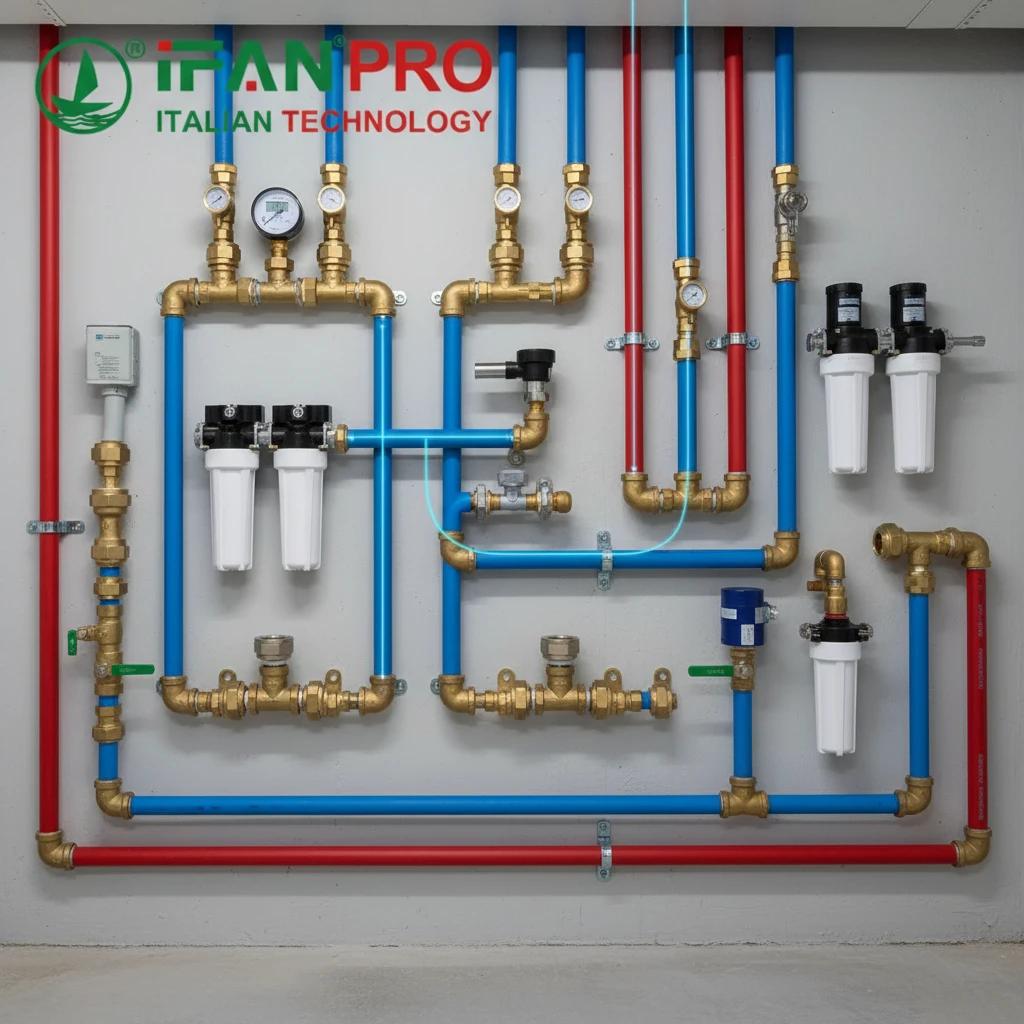
What Role Do Fittings Play in Water Conservation Systems?
I once audited a system where leaky, inefficient fittings wasted more water than the conservation fixtures saved. That mismatch taught me that true water conservation
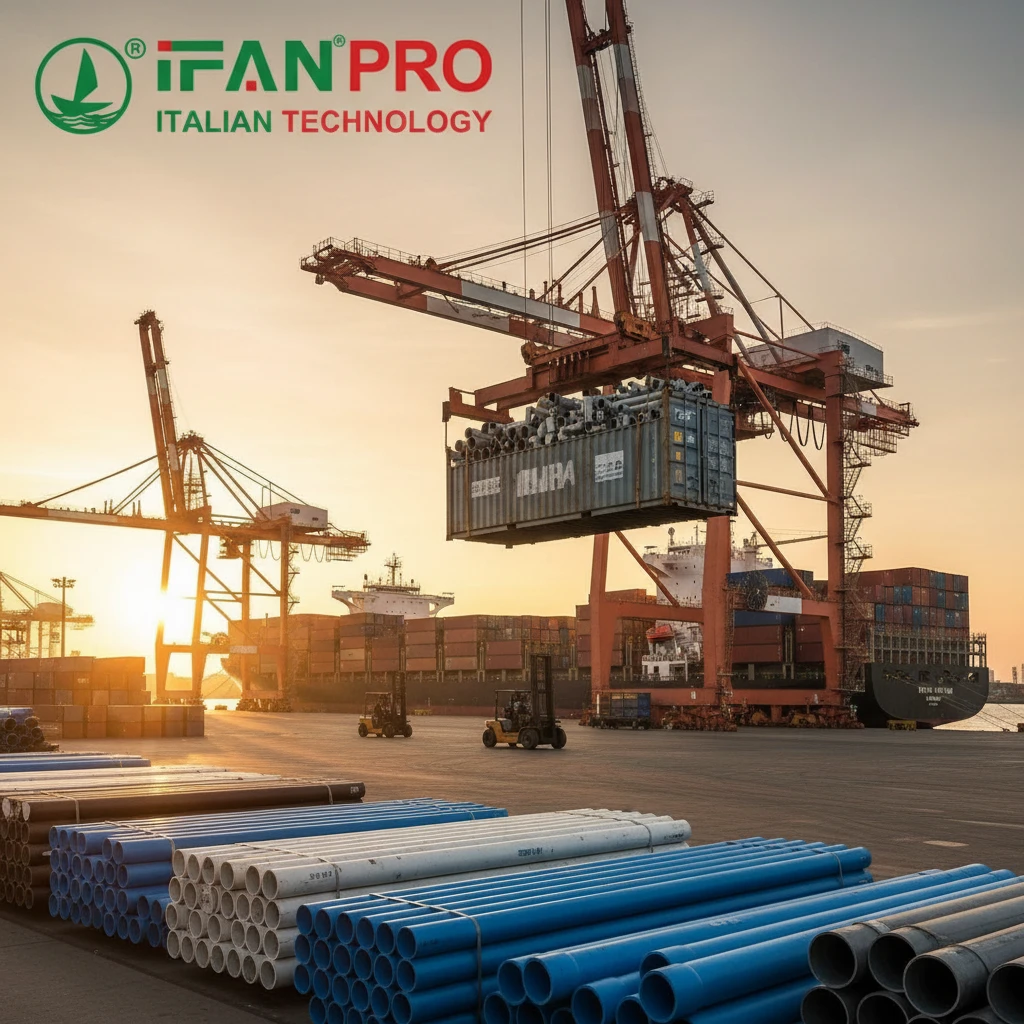
How to Navigate Customs and Logistics for Bulk Pipe Orders?
We once managed a 20-container order where missing paperwork caused a two-week port delay. That costly lesson taught us that mastering logistics is just as

Why Partner with a Sourcing Expert Instead of a Single Factory?
I once had a client who lost $50,000 when their only factory suddenly shut down. This painful lesson shows why putting all your eggs in
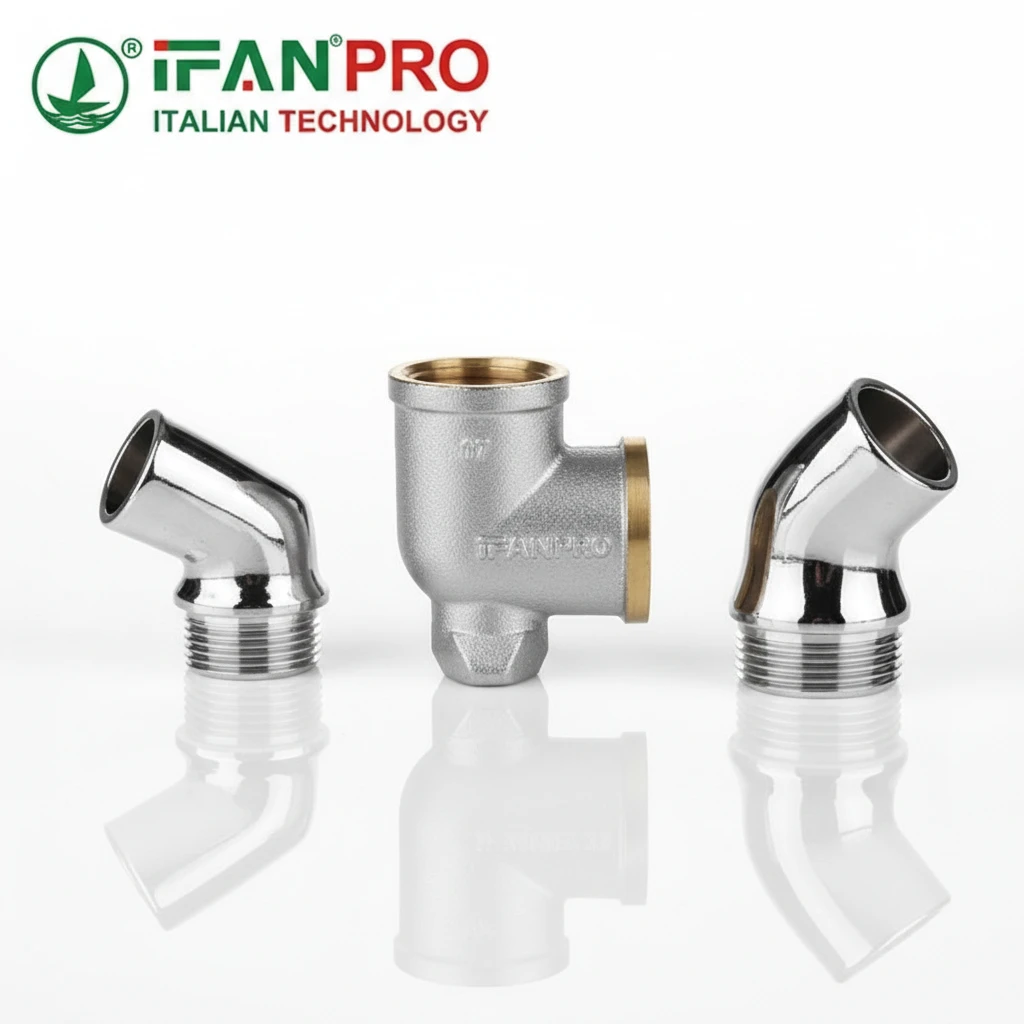
Can a Brass Elbow Fitting Be Chrome-Plated for Aesthetic Applications?
A client once insisted on the bright look of chrome but needed the reliability of brass. This request is common, and the answer is a
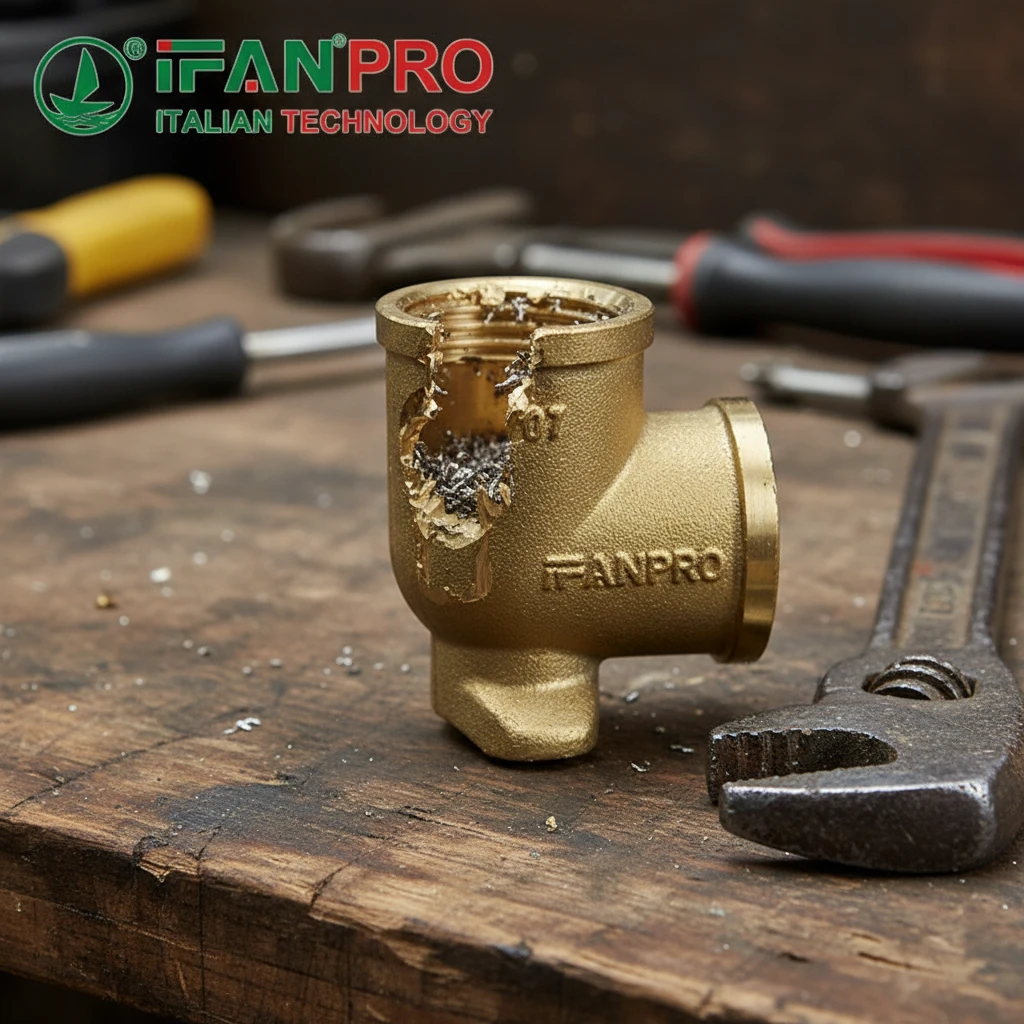
How to Prevent Galling When Tightening Threaded Brass Elbows?
I once saw a beautiful, expensive brass fitting ruined in seconds by a well-meaning installer with a wrench. That moment taught me that preventing galling
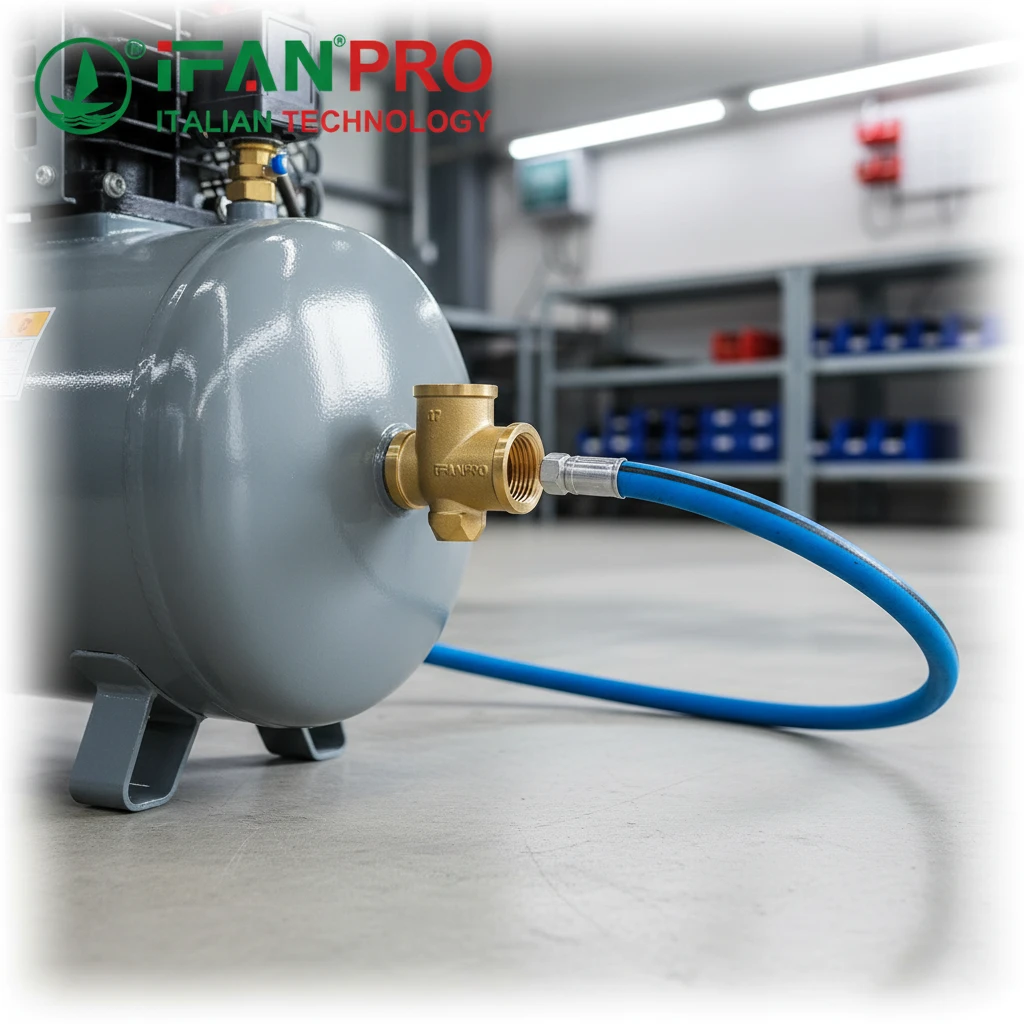
Are Brass Elbows Suitable for Compressed Air Systems?
A client’s plastic air line fitting once shattered from a pressure surge, causing a shutdown. That moment cemented my respect for choosing the right material,
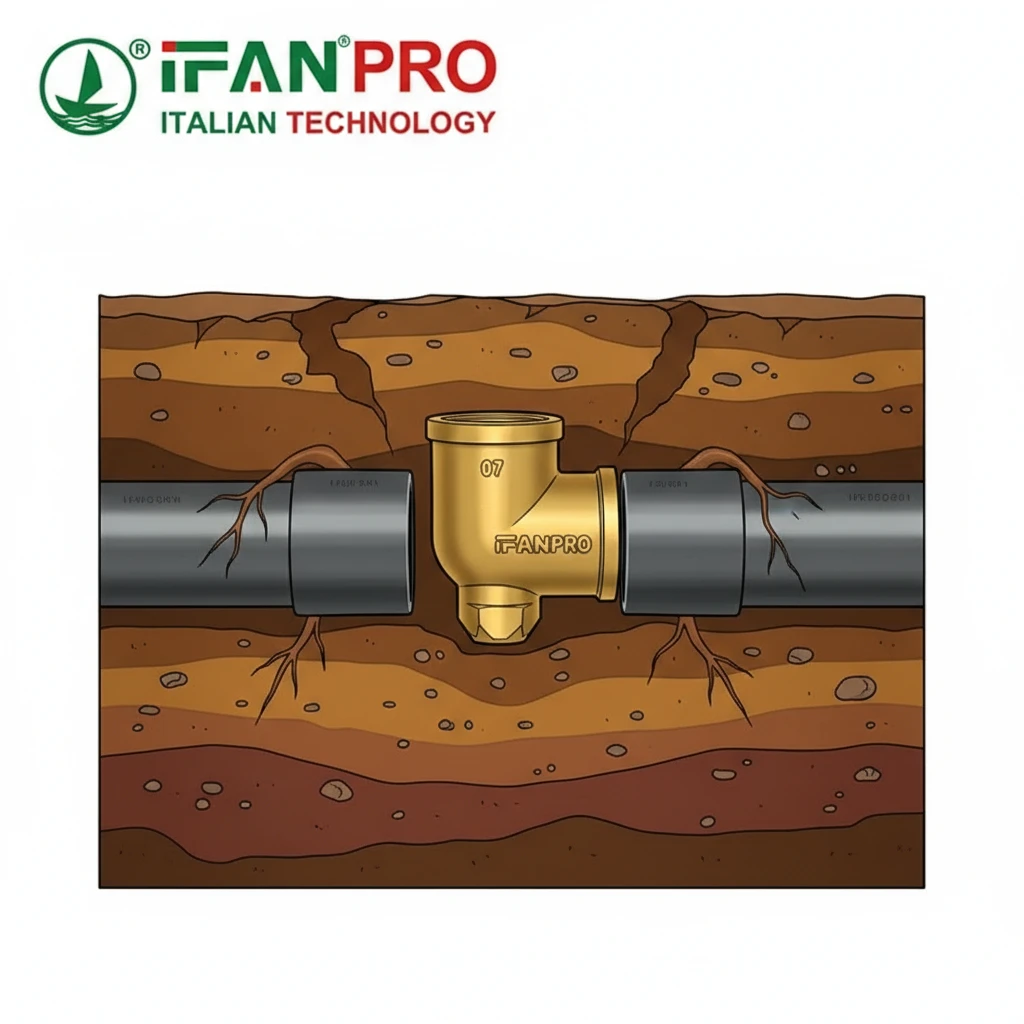
Why Choose a Brass Elbow Over a Plastic One for Ground Movement Areas?
I once reviewed a failed irrigation project where plastic fittings cracked after just one season. The culprit? Unpredictable soil shifting. This common problem clearly shows
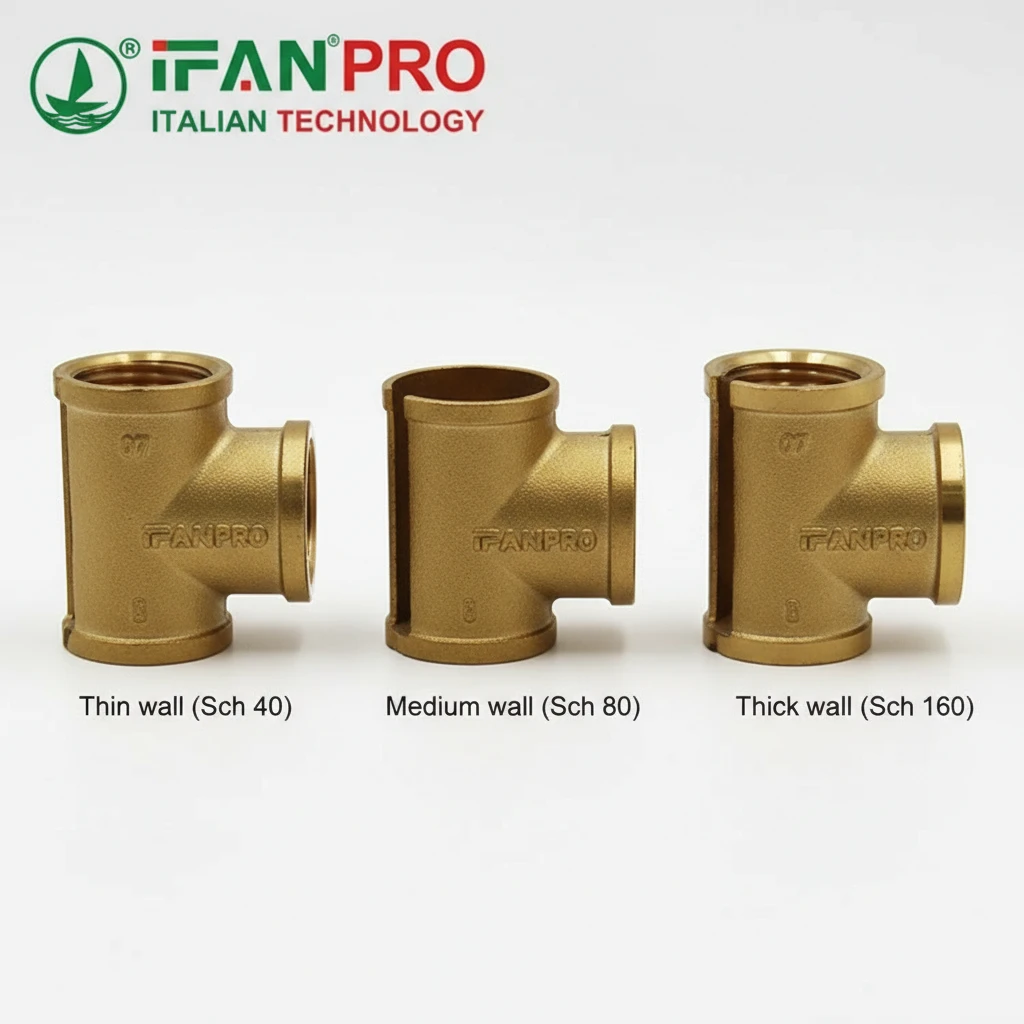
Does Wall Thickness Impact the Pressure Rating of Brass Elbows?
A client once insisted on using standard thin-walled brass elbows for a high-pressure industrial line. The resulting failure taught everyone on that project a clear,
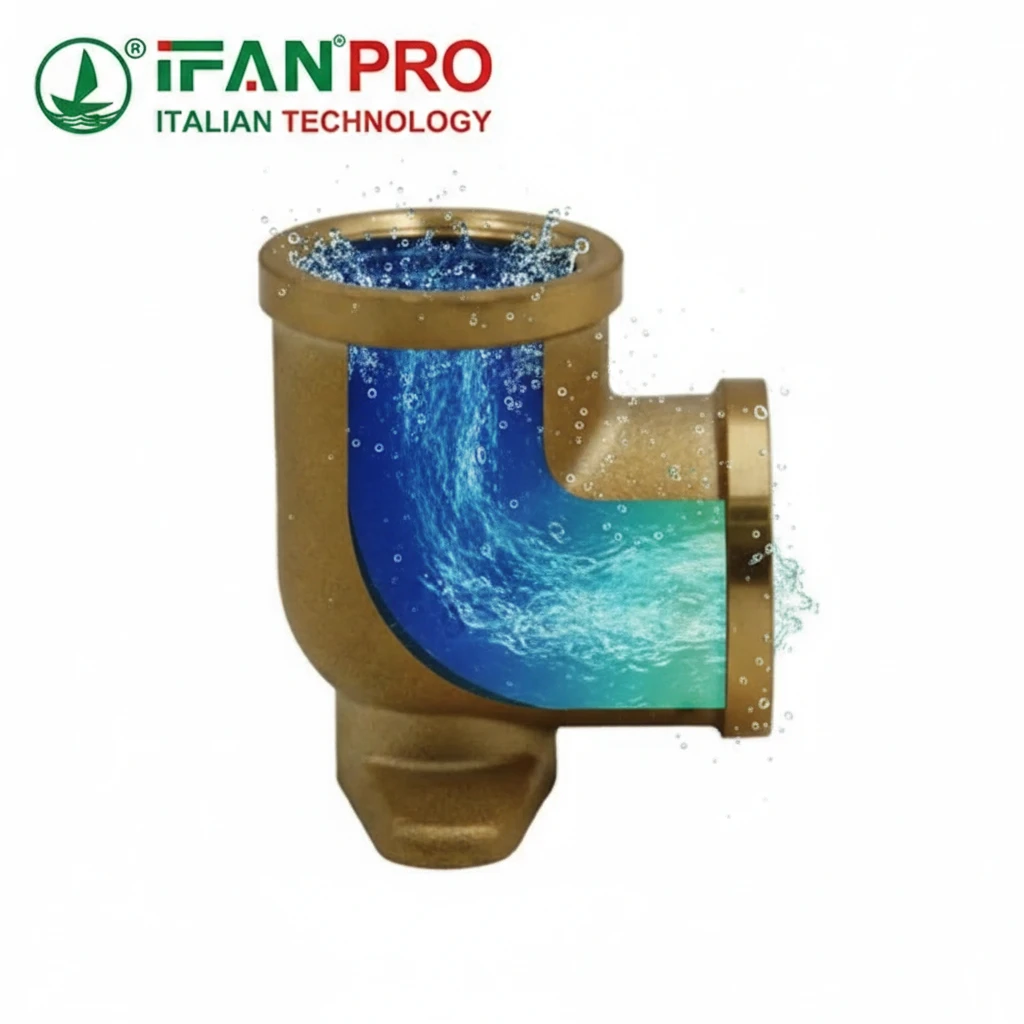
How to Calculate Pressure Drop Across a Brass Pipe Elbow?
I once saw a pump burn out because someone ignored the pressure drop from a few simple elbows. That costly mistake taught me that every
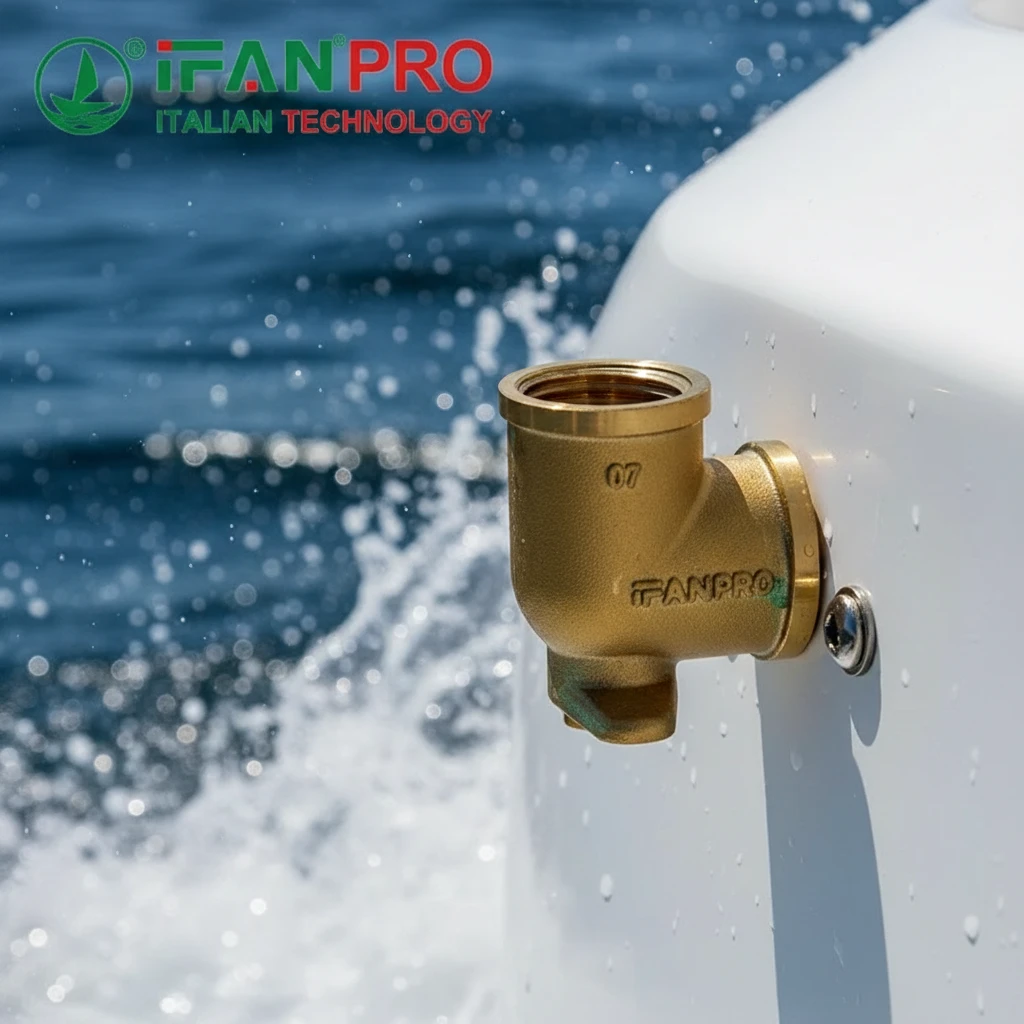
Can Brass Elbows Be Used in Marine or Coastal Environments?
We once received an urgent call from a shipyard in Dubai. Their standard brass fittings had corroded into a powdery mess within months, halting a
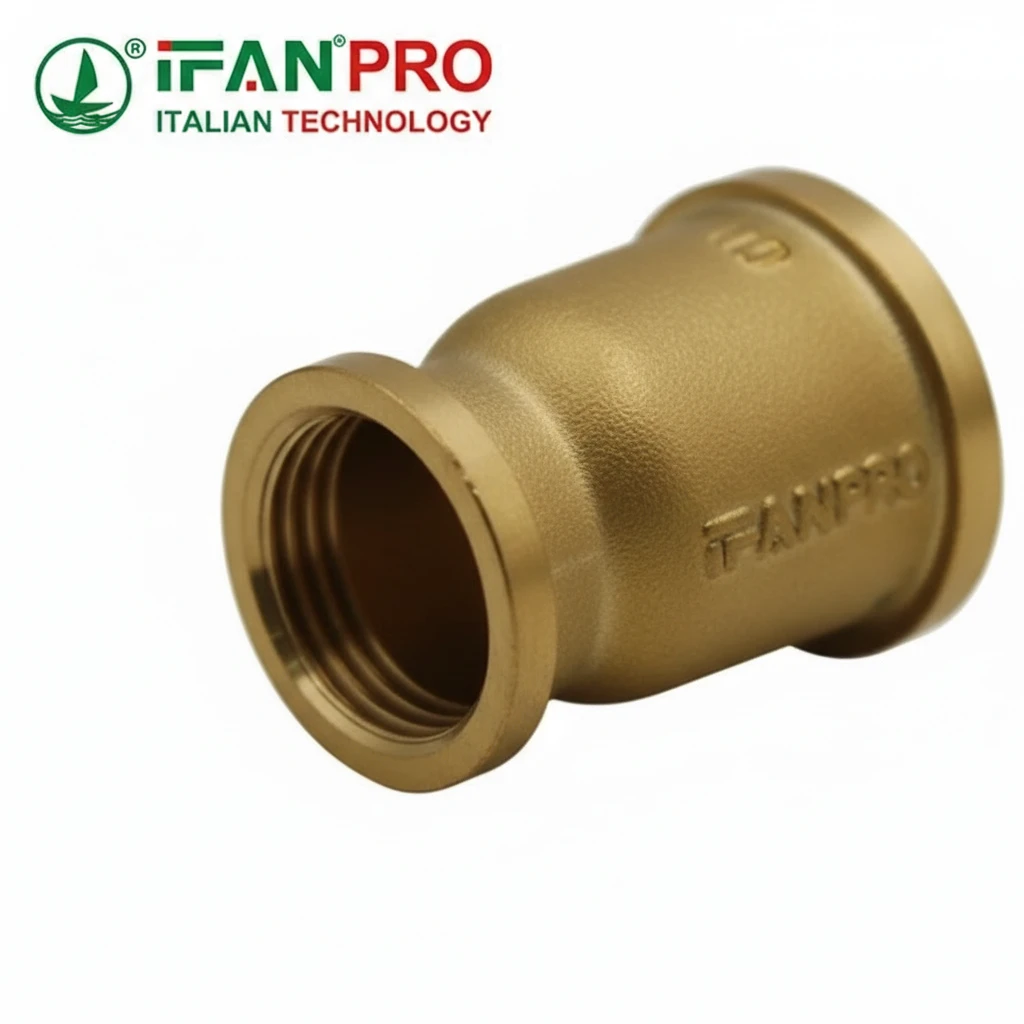
Why are Some Brass Elbows Designed with a Reinforced Heel?
I once saw a standard brass elbow split at the seam under high-pressure steam. That failure taught me why a simple design detail, like a
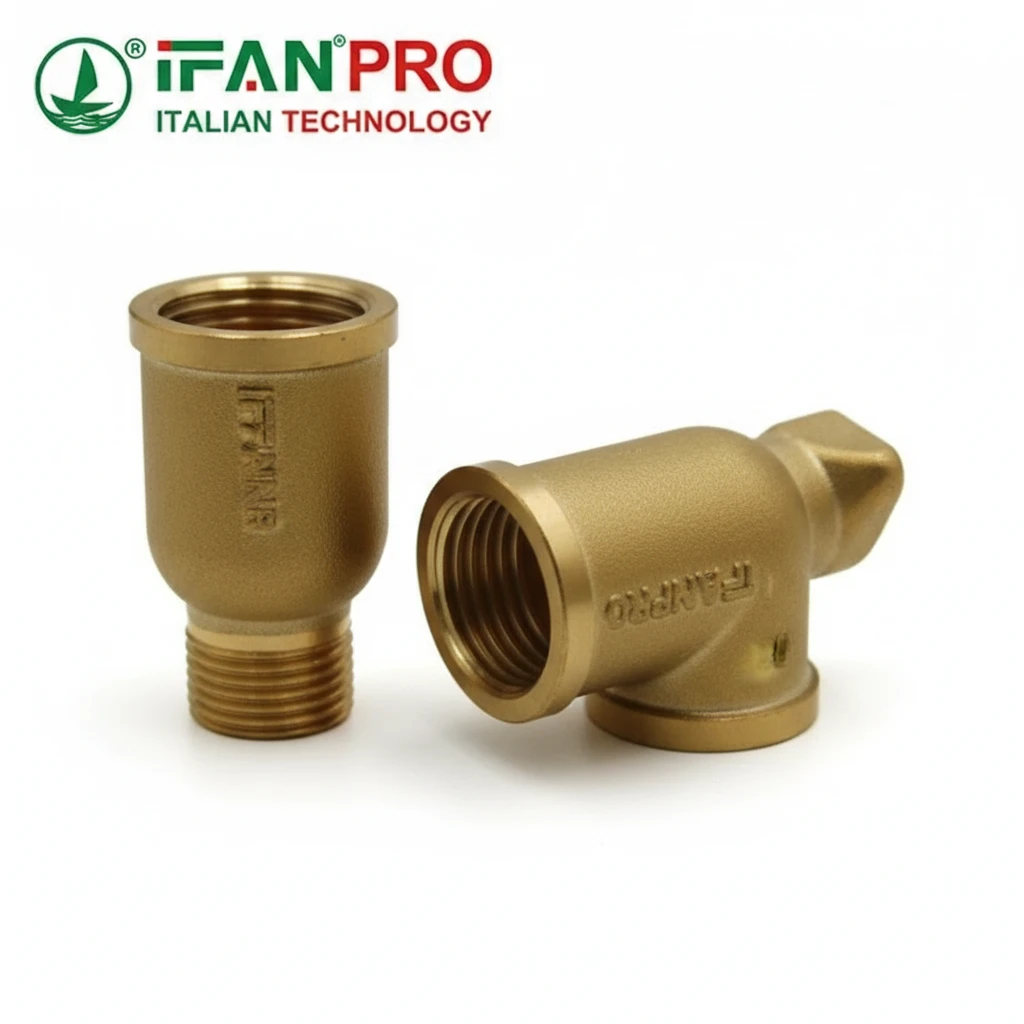
What is the Difference Between a Street Elbow and a Regular Brass Elbow?
I once saw a plumber struggle for an hour in a tight cabinet, trying to connect two female-threaded pipes. The solution was a simple street









